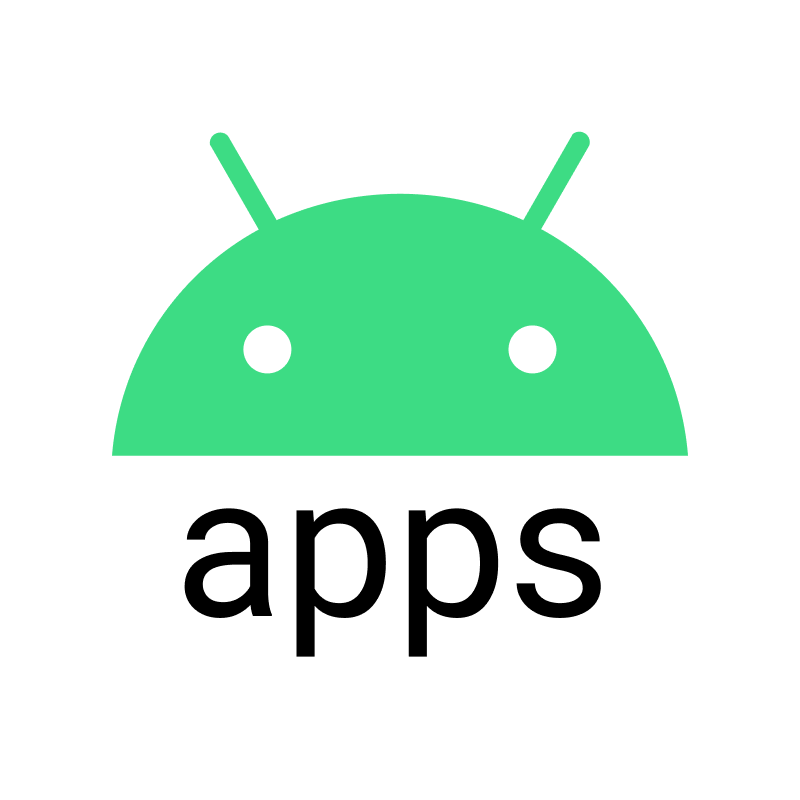Website | Codeberg | GitHub | Altes Profil | Noch älteres Profil
Verantwortlich für @kaenguru@feddit.org & @titelregel@feddit.org.
- 1 Post
- 7 Comments

 0·11 days ago
0·11 days agoFirewalld seems to support more fine-grained masquerade settings using rich rules, but I don’t know more about it.
https://firewalld.org/documentation/man-pages/firewalld.richlanguage.html

 0·11 days ago
0·11 days agoTried to use
firewalldbut that makes the client IP opaque tocaddyHow did you set up
firewalldto do this?I am using the following rich rules to forward requests to caddy and caddy can see the client IP.
rule family="ipv4" forward-port port="80" protocol="tcp" to-port="8080" rule family="ipv4" forward-port port="443" protocol="tcp" to-port="8443" rule family="ipv4" forward-port port="443" protocol="udp" to-port="8443" rule family="ipv6" forward-port port="80" protocol="tcp" to-port="8080" rule family="ipv6" forward-port port="443" protocol="tcp" to-port="8443" rule family="ipv6" forward-port port="443" protocol="udp" to-port="8443"Make also sure that
masquerade: nois set.

 0·29 days ago
0·29 days agoFor audiobooks, i can recommend Voice.
I’m not sure about the exact issues that seem to have caused a rift in the project
Short summary from the back of my head: it turned out that Organic Maps is a for-profit company owned by two or three shareholders that considered the project as their property and not as a community project. They did a few intransparent moves like adding affiliate links or depending on a closed-source proprietary meta server.
The community asked to democratize the project and turn it into a non-profit. One of the shareholders was open to this, the others weren’t and there have been a lot of internal conflicts between the shareholders.
The public letter that resulted in the fork can be read here: https://openletter.earth/open-letter-to-organic-maps-shareholders-a0bf770c

 0·1 year ago
0·1 year agothe hidden “trashbin”, .Trash-$(uid), invented by Ubuntu
This isn’t some “idiotic principle invented by Ubuntu”, it just follows the freedesktop.org Trash specification. For many users, it can be really beneficial, see also the spec’s introduction:
An ability to recover accidentally deleted files has become the de facto standard for today’s desktop user experience.
Users do not expect that anything they delete is permanently gone. Instead, they are used to a “Trash can” metaphor. A deleted document ends up in a “Trash can”, and stays there at least for some time — until the can is manually or automatically cleaned.
Whether an application like Prism Launcher should use the trash can or delete the files directly is an entirely different question.


Many e-mail providers such as mailbox also provide calendar synchronization via CalDAV.